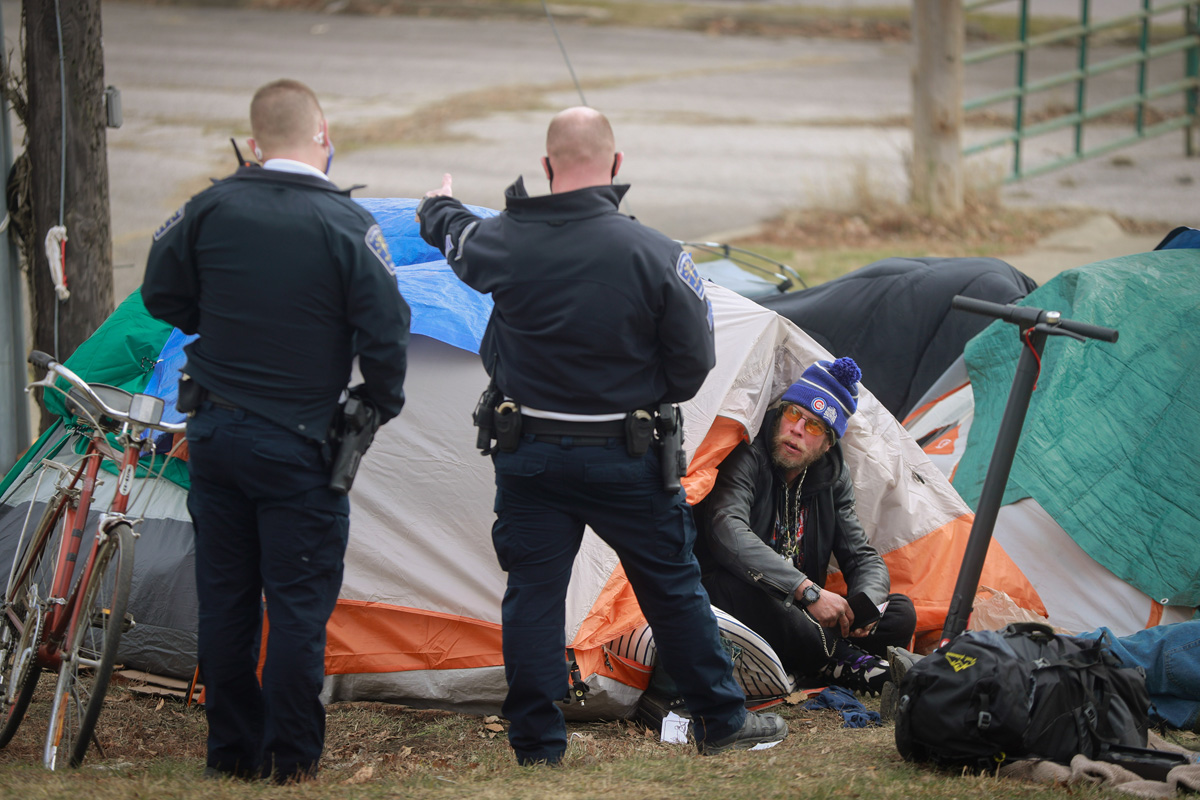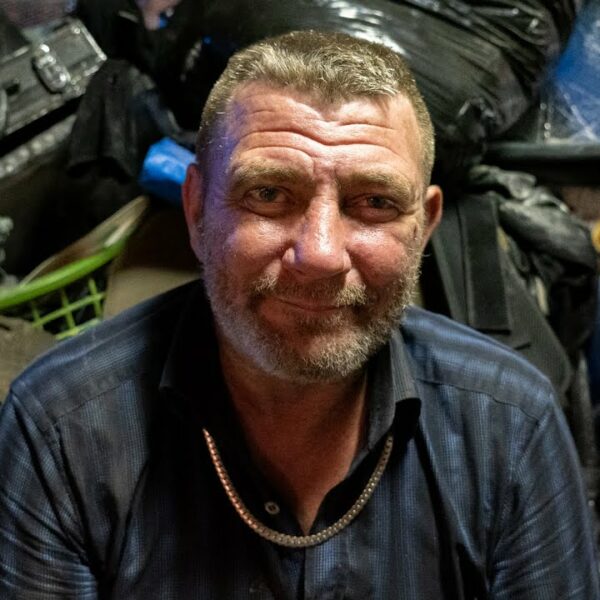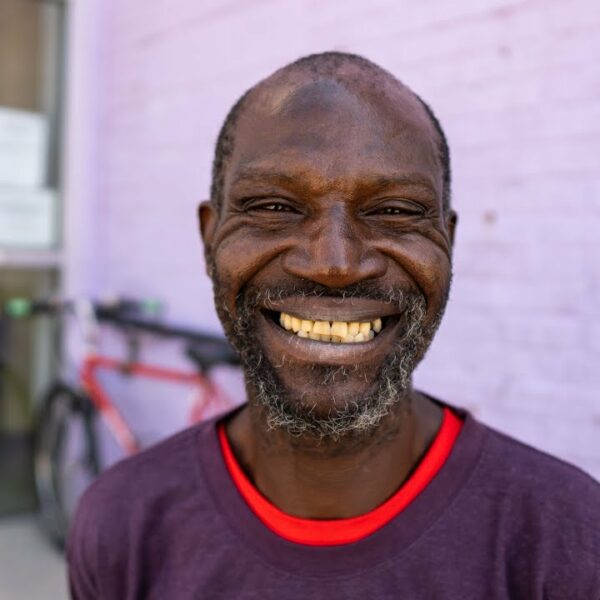One of America’s most wealthy communities placed restrictions on urban camping on February 16 in an effort to connect its unhoused population with shelter services and other resources.
In a 6-1 vote, Mercer Island, Washington’s city council passed an ordinance known as Ord. No. 21C-02 that prohibits camping or storage of personal items on all public property and makes urban camping a misdemeanor offense, punishable by a $1,000 fine and 90 days in the county jail.
Many Islanders spoke in favor of the ordinance during the nearly six-hour public hearing. Their main concerns focused on ensuring Mercer Island’s public parks continue to be available for families and maintaining public health.
Councilmember Craig Reynolds was the sole “no” vote. He asked city council to postpone voting on the legislation for 90 days. He asked for City Manager Jessi Bon to convene a Mercer Island Task Force that would:
- Study the issue of homelessness within the community
- Define the issue at hand
- Review regulations regarding homelessness
- Meet with homeless advocates and experts to determine the best path forward
“I, too, want to keep the parks safe, clean, and accessible for all. But many in our community can only see the false choice between choosing to have a law that threatens homeless people with incarceration and fines or be overrun with crime, trash, and drugs,” Reynolds said.
“Out of the hundreds of letters we received on this issue, an overarching theme emerges—Seattle handled this situation poorly, and we don’t want to follow in their footsteps,” he added.
Criminalizing Homeless People Doesn’t Work
Research shows criminalizing homelessness is ineffective and often perpetuates homelessness rather than curbing it. Despite these findings, Seattle and its surrounding cities have a long history of using anti-homeless architecture and ordinances to systematically displace its unhoused population.
The City of Seattle offers an app called Find It, Fix It that was originally designed to allow citizens to report minor concerns. It has since become a platform for residents to tell police where homeless encampments spring up.
Nearby Renton’s city council recently passed an ordinance creating a restrictive “homeless services” designation in its zoning code. The ordinance also requires Downtown Emergency Service Center to kick out about 50 percent of the unhoused people living in its shelter in the Renton Red Lion at the end of May. The remaining residents will be evicted by the end of the year.
King County—which includes Seattle, Bellevue, and Tacoma—now has 11,750 homeless people living within its borders. That’s a five percent increase since 2019, according to national Point in Time Count estimates. Meanwhile, cities like Seattle have steadily increased the number of anti-homeless ordinances on their books.
‘Ordinance Necessary for Police to Deal with Problem’
Mercer Island has had an ordinance on its books since 1991 that prohibits camping in parks “except at places set aside for such purposes by the director and so designated by signs.” Councilmember Salim Nice said he found no evidence that enforcing the ordinance has ever resulted in arrest.
Mercer’s new ordinance expands the definition to include “public property,” which the ordinance defines as “all property in which the City or any other governmental entity has a property interest, including easements.”
The purpose of the ordinance, according to its text, is to “to promote the public health, safety, general welfare, and economic health and well-being of the City, its residents, and its visitors by making Mercer Island Public Property readily accessible to the public, and to prevent the uses of Public Property which interfere with the rights of others to use Public Property for which it is intended and to prevent harm to the health, safety, and welfare of the public.”
Councilman Jake Jacobson said enacting the ordinance was necessary to empower Mercer Island’s police and fire departments to assist “to deal with people who have problems.”
Ed Holmes, Mercer Island’s police chief, presented the bill to city council. He said it does not criminalize homelessness because the city is required to identify available shelter space before enforcing the ordinance.
Officers will also be dispatched alongside King County’s Mobile Crisis Team to ensure people experiencing homelessness receive the right kind of assistance. If the Crisis Team is not available, Holmes said, officers will attempt to transport people to shelters in other cities or to other services like food banks and mental health providers.
Proposed Plan Fails to Help Homeless People
Mercer Island does not have a homeless shelter within its jurisdiction, which raised concerns for many service providers. Following the vote, many east King County homeless shelter operators questioned why they were not consulted by city council when the ordinance was being written.
“I wish Mercer Island would have reached out to us and talked to us and educated themselves about what helps somebody (who is) really experiencing homelessness,” Alisa Chatinsky, executive director of The Sophia Way, told KOMO News.
“I don’t know what they were thinking. That I can say. I do know it would have been nice if we were told about this ahead of time and asked to talk about it,” she continued.
Other service providers are concerned the region is trying to tackle a problem it simply doesn’t understand. Last year, Seattle and King County agreed to create a “regional homelessness authority” to define the issue. However, COVID-19 delayed its work, and the organization has yet to hire its CEO or staff.
Seattle civic leaders seem to be actively working against the organization’s aims. A report authored by two former employees of the Seattle City Attorney’s Office in 2019 describes the City’s unhoused as “prolific criminals.”
“We fully support a policy that includes alternatives to incarceration and access to behavioral health treatment. But for that system to work there must be accountability for outcomes within the justice system and for the people who continue to repeatedly cause harm in our communities,” the report concludes.
For leaders like Reynolds, Mercer’s ordinance would only complicate the issue. Instead, he recommended the municipality take its time with the ordinance and get it right the first time.
“I think we have time to really evaluate the problem and find the right solution for the Island. I am not advocating for the ‘Seattle Solution’. What I am saying is that we should take the time to look at options. We have not done that here,” Reynolds said.













